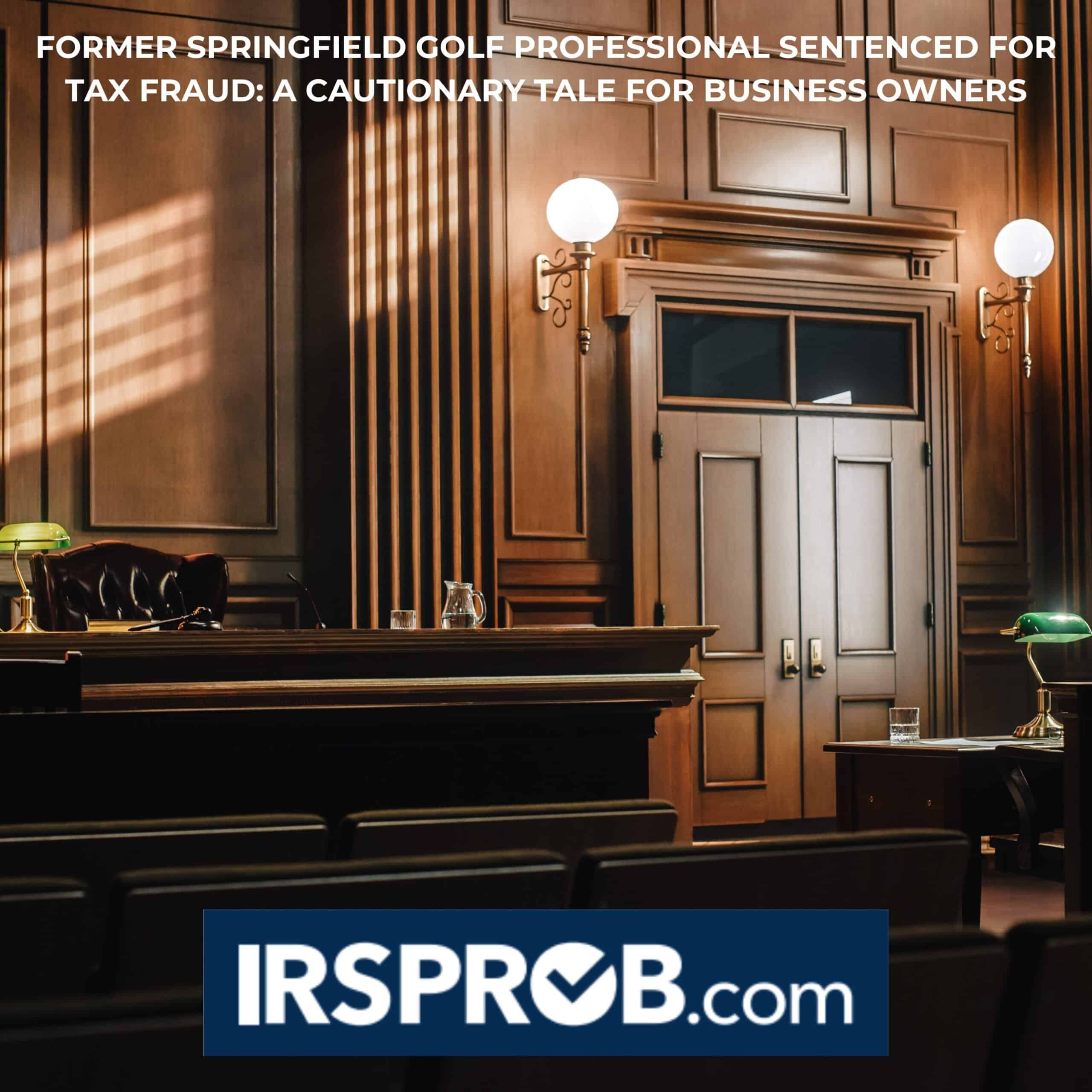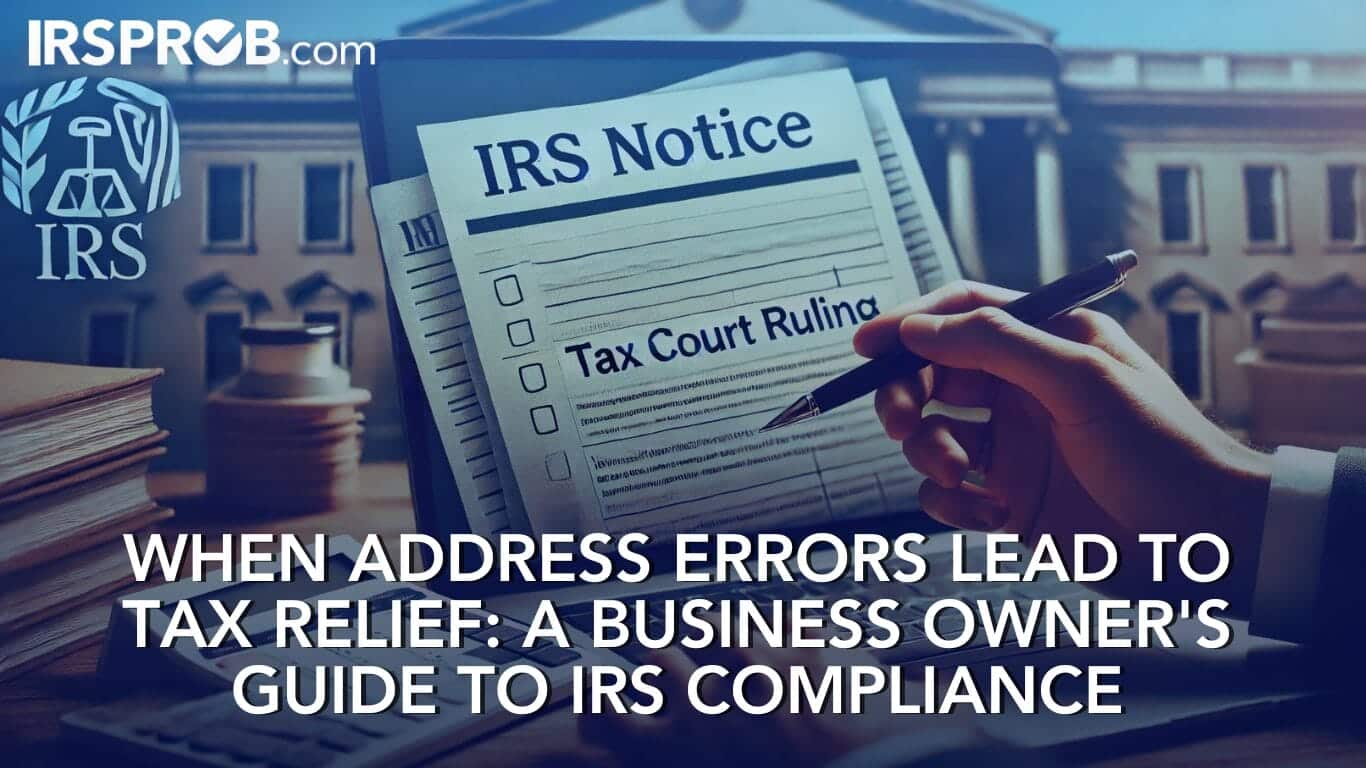Blog
Category: US Tax Court

Salvatore Groppo’s guilty plea for involvement in an unlawful sports gambling operation did not shield him from substantial IRS tax liabilities. Despite fulfilling his probation terms, Groppo faced over $100,000 in excise tax and penalties, which he unsuccessfully tried to settle. His appeal to expunge his felony conviction, aimed at negating the IRS’s tax assessment, was denied by the 9th Circuit Court. The court emphasized that the plea deal did not bind other authorities, reaffirming that tax liabilities remain despite a plea agreement.

This blog post examines the case of a former golf professional sentenced for tax fraud, highlighting the severe consequences of evading taxes and skimming business revenues. It offers valuable lessons for business owners on maintaining accurate records, understanding tax obligations, and the importance of compliance to avoid legal and financial repercussions. The post also provides insight into the role of the IRS Criminal Investigation division in prosecuting tax-related crimes.

When taxpayers file a joint tax return, both spouses are jointly and severally liable for the entire tax due. However, there’s an exception if fraud is involved, allowing tax liability to be appropriately allocated. In a recent case, a husband sought Innocent Spouse Relief after his ex-wife filed their 2016 tax return without his knowledge, deducting significant unreimbursed employee business expenses. Despite meeting several conditions for relief, the tax court denied his request, emphasizing the importance of reviewing tax returns before filing. This case highlights that ignorance of return contents cannot shield one from liability.


